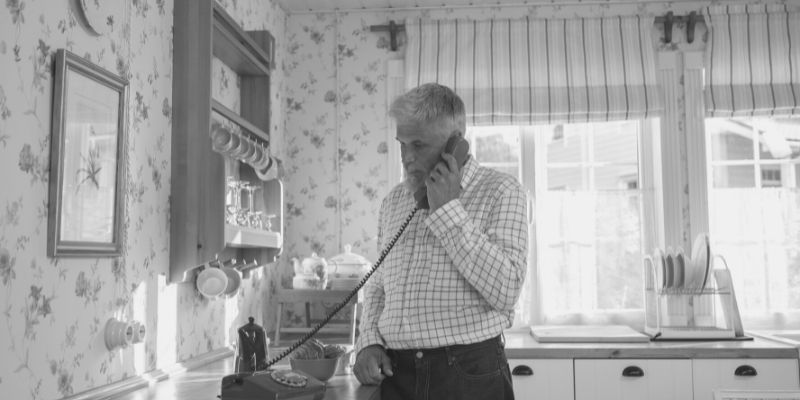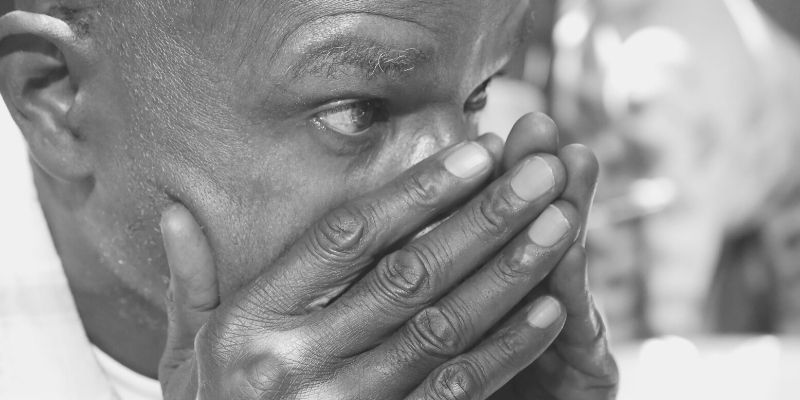The Family and Medical Leave Act (FMLA) gives the right to employees to take up to 12 workweeks of job-protected unpaid leave to care for a spouse, son, daughter, or parent with a serious health condition – but you must be eligible.


The Family and Medical Leave Act (FMLA) gives the right to employees to take up to 12 workweeks of job-protected unpaid leave to care for a spouse, son, daughter, or parent with a serious health condition – but you must be eligible.

Problems with sleep are common in older adults, but people with dementia have a much more difficult time.
As a caretaker of a loved one with dementia, frequent sleep disturbances can be stressful, and they can lead to mental and physical exhaustion for everyone involved. The initial steps that you can take to help your loved one (and you) get a better night’s sleep are to understand what can cause the sleep issues and to rule any contributing factors out.

Sundara Senior Living – a Memory Care Community in Round Rock Texas is a proud supporter of Doggies with Dementia; a non-profit focusing on dementia awareness

When your loved one keeps calling you, it’s most likely because they need something – even if it’s just a chat to alleviate loneliness. If you’re finding their constant calls frustrating, there are things you can do to reassure your loved one and bring some routine into their life – and a little peace back into yours.

Unfortunately, there is no way to predict how long the adjustment period will last. It can take days, weeks, or months. Much of the outcome depends upon the type and severity of dementia, if your loved one is prepared for the move, the environment (the facility), and the level of support that is given (by yourself, family, and staff) during and after the move.

It can be difficult to think about the end of life, but as a caregiver, planning ensures that the best support and comfort is provided to your loved one throughout late-stage dementia and the end-of-life experience.

Fifty years ago, psychologist Herbert J. Freudenberger studied and summed up the symptoms of chronic fatigue in medical and caregiving professions with the term burnout. He described it as a “state of mental and physical exhaustion caused by one’s professional life.”

Our residents and the entire Sundara family had a fun and cozy holiday season this year!